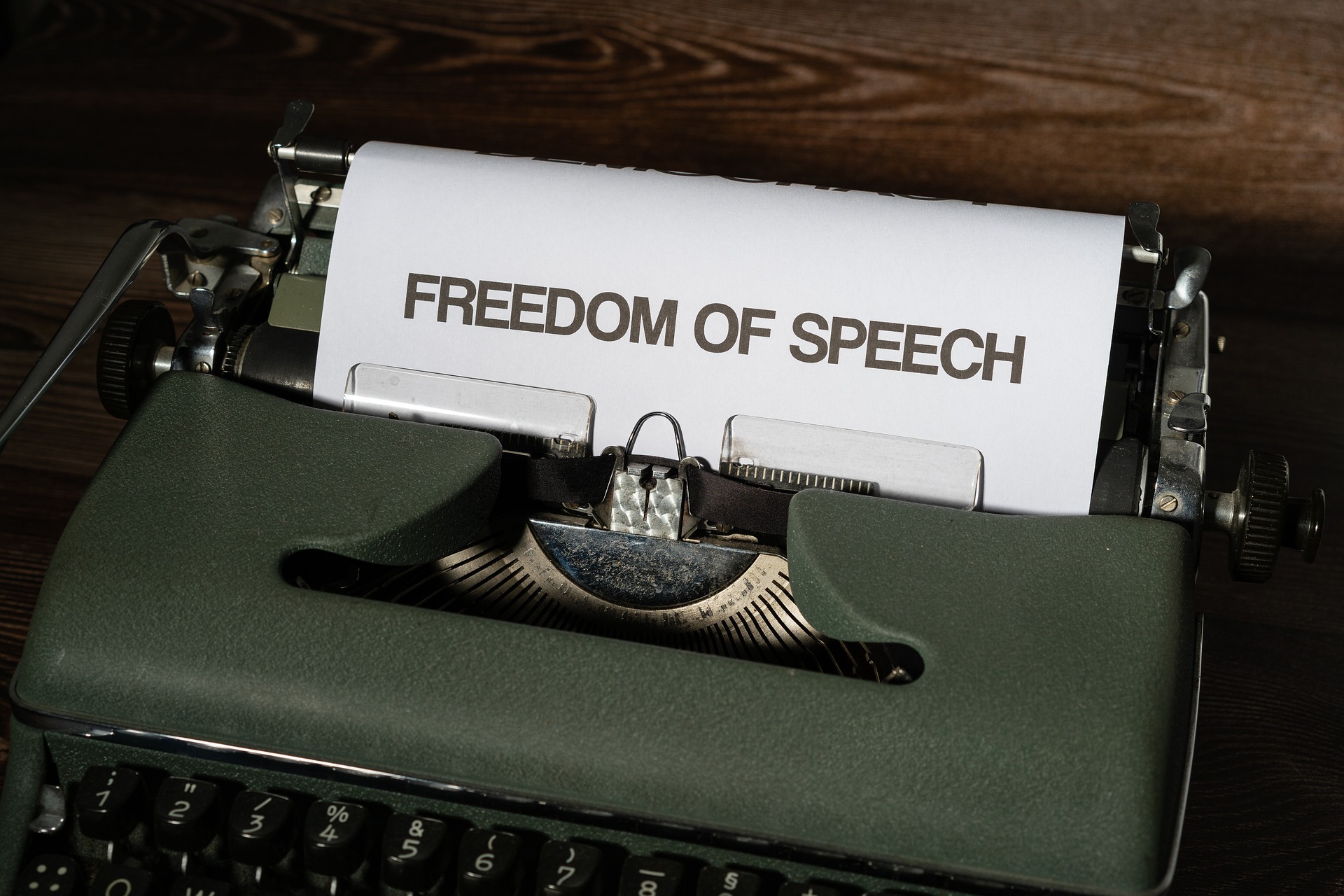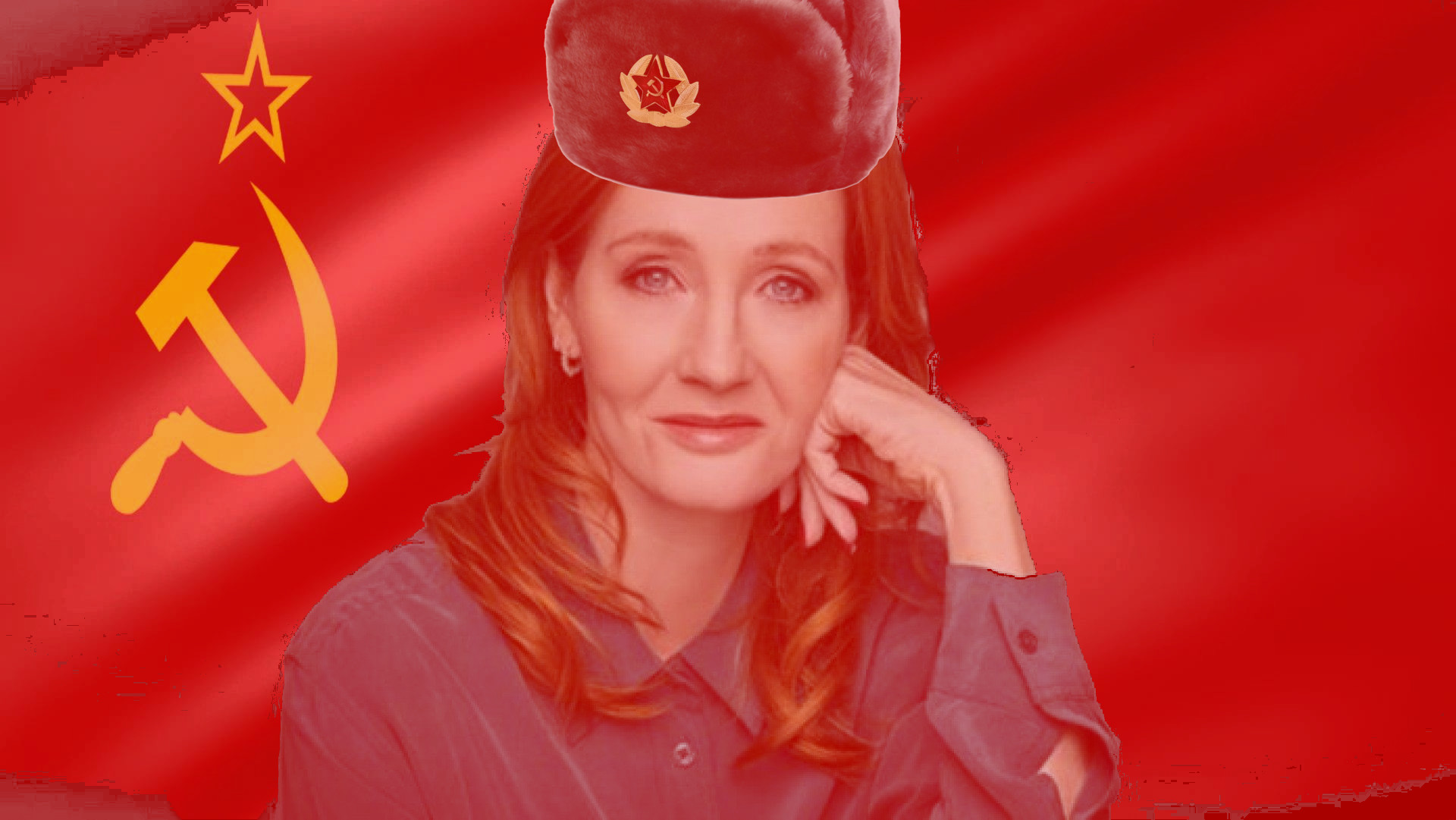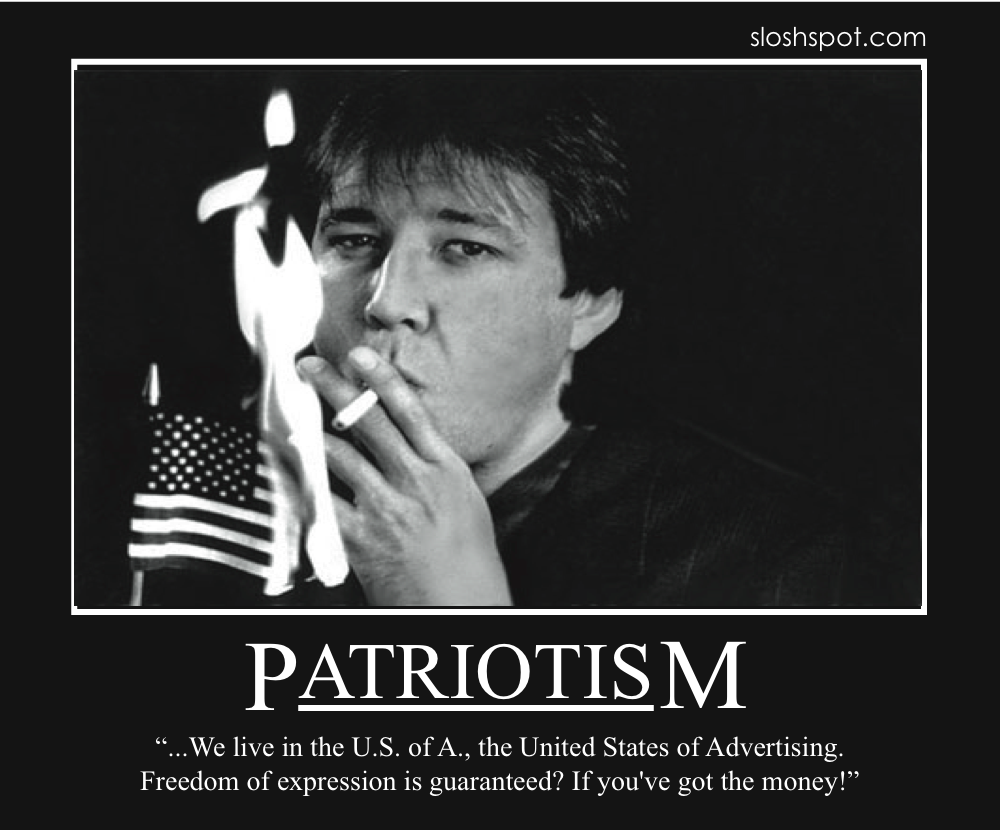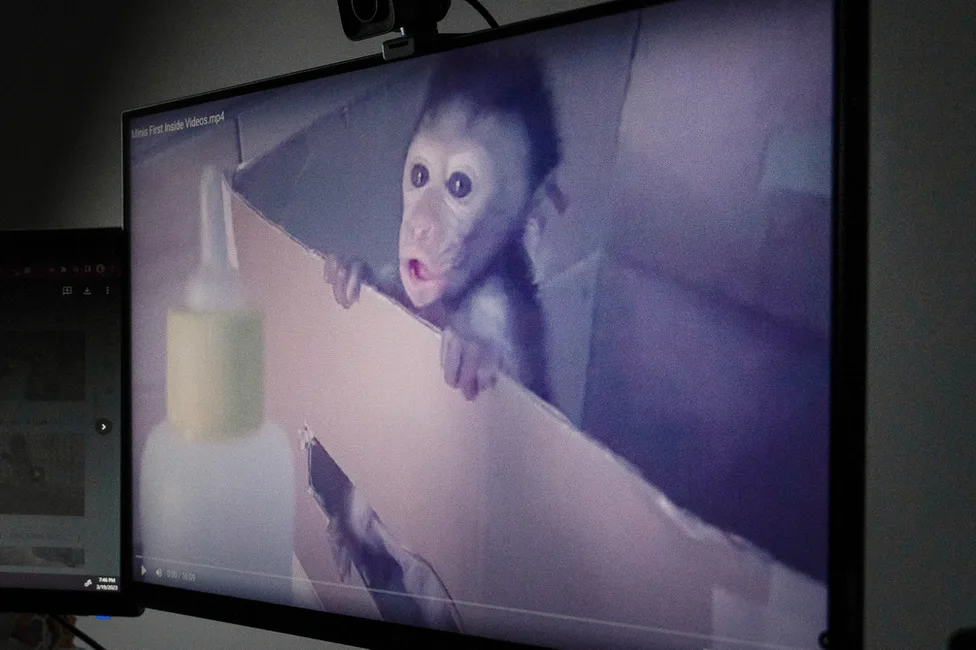In a world where freedom of speech is supposedly championed, why are voices fighting for equality silenced first? Recently, I had an interview with Sophie Molly. She is a passionate trans activist. YouTube blocked the interview due to the malicious use of the platform’s reporting tool. Sophie campaigned against two transphobic organizations. These organizations sought to collect personal information about trans athletes. This action is a blatant violation of GDPR rules. The feature once meant to protect users has now changed course. It has turned into a weapon that censors voices advocating for progressive change. How did we get here, and what does this mean for activists fighting for their rights online?
Let’s be clear—YouTube’s reporting tool was designed to keep users safe from harmful content. In theory, it allows users to report videos that violate community guidelines, including those that promote hate speech or violence. However, what was meant to be a safeguard has been hijacked by bad-faith actors. Ironically, these are often the same people who scream about the “censorship of conservative voices.” They gleefully abuse the system to silence those they don’t agree with.
The Weaponization of Reporting Tools
In the case of my interview with Sophie Molly, the maliciousness of the situation is crystal clear. Sophie was campaigning against two organizations. They were pushing transphobic agendas. These organizations attempted to gather personal information about trans athletes. This information should be protected under GDPR. For those unaware, the GDPR stands for General Data Protection Regulation. It is a robust EU law. It ensures personal data is handled with strict privacy controls. The organizations Sophie was up against weren’t just unethical. They were violating legal standards. Their goal was to out and target trans athletes.
Yet, instead of this crucial and necessary conversation being heard, trolls exploited YouTube’s reporting tool to take the video down. They claimed to flag “inappropriate content.” By doing so, they manipulated YouTube’s system. Their actions led to the video being pulled without a proper review. The truth is, nothing in that video violated community guidelines. Standing up for privacy rights and calling out discrimination should not suddenly qualify as offensive.
The message is clear: When progressive voices push for inclusivity, they become prime targets for silencing. The irony? The same people who cry “censorship” when a right-wing commentator loses their platform often report activists like Sophie. They do this with glee. It’s a classic case of hypocrisy. These individuals claim to be victims of “cancel culture.” Yet, they actively cancel small progressive channels. They do this with just a tap of the report button. Seems their real issue isn’t censorship; it’s that they only support “free speech” when it’s their own speech.
Who is Really Being Censored?
There’s a well-trodden narrative that big tech is biased against conservatives. When we examine the facts, it becomes clear that marginalized groups are disproportionately affected by de-platforming and censorship. This is especially true for those advocating for LGBTQ+ rights. Sophie Molly’s case is far from isolated; activists fighting for trans rights regularly face this kind of targeted harassment.
The issue is that YouTube’s algorithms respond to volume rather than validity. Trolls can organize as a group. They can mass-report a video and cause it to be taken down. This happens even if no actual guidelines are violated. It’s a way to shut down conversations that challenge traditional, exclusionary ideas.
This is what happened to Sophie’s interview. Her campaign against these transphobic organizations was critical. It exposed their blatant GDPR violations. However, instead of letting that message resonate, the trolls succeeded in silencing her—at least temporarily. It’s like watching the schoolyard bullies complain about being “unfairly” punished. They are the ones tripping everyone else in the hallway.
Why This Matters
The takedown of Sophie’s video isn’t just an isolated incident; it’s a symptom of a much larger problem. When platforms like YouTube allow their tools to be abused in this way, they’re not just censoring individual videos. They are stifling entire movements. Activists like Sophie fight for the protection of trans athletes’ rights. Their voices are essential in the battle for equality. If their voices are silenced, it warns others in the community. Speak up, and you’ll be next.
The misuse of these tools has a large impact on smaller creators. It also affects activists who don’t have the resources or clout to fight back. YouTube’s system doesn’t favor the underdog—it favors those with influence or organized support. Major media outlets or influencers with a team of lawyers? They’ll have their videos restored within hours. But independent creators, activists like Sophie, and other marginalized voices? They’re often left in the digital void, struggling to get any meaningful response.
What Needs to Change
So, what’s the solution? First, YouTube needs to get serious about manual reviews. Automating everything to the point where real issues slip through the cracks—while false reports cause chaos—isn’t working. A more human approach is needed. Content should be reviewed for context and substance. This would prevent bad-faith actors from exploiting the system.
Second, platforms like YouTube need to protect activists and marginalized voices. This protection is essential when those voices speak out against illegal or harmful actions. For instance, these actions include the GDPR breaches Sophie was exposing. Transparency is key. Creators should know why their videos are taken down. There should be a meaningful, accessible appeals process.
Lastly, the broader community must hold tech platforms accountable. YouTube and other companies need to recognize how their systems are used. This awareness is vital for protecting free speech. Their systems can shut down important conversations. This is crucial, especially when those conversations challenge entrenched powers or discriminatory practices.
Conclusion
The takedown of the Sophie Molly interview is a perfect example. YouTube’s reporting tool is being weaponized to silence activists. This is particularly true for those advocating for marginalized communities. Sophie’s campaign exposed the unlawful behaviour of transphobic organizations. It highlighted the fight for trans rights. The campaign also emphasized the importance of data protection under GDPR. Yet, instead of amplifying her voice, bad-faith actors used YouTube’s own system to silence her. And the people doing it? The same ones crying “cancel culture” while they gleefully cancel the very voices trying to make the world more inclusive. If we don’t push back against this kind of censorship, it won’t just be Sophie’s voice that’s lost. Countless others fighting for justice will also lose their voices.
It’s time to demand better from platforms like YouTube. Share this article and stay informed. Let’s ensure that those who fight for equality aren’t silenced by those who fear progress.
For the avoidance of doubt below is the text of the interview (complete with um’s and err’s) as extracted by YouTube Transscribe
okay Sophie yes so um for women Scotland and sex Mar what uh what are your thoughts on them well on their new on their recent petition or recent request for um information about trans people I think it’s illegal and my reasons for thinking it’s illegal is they are effectively trying to get people to out to dot trans people in the community so they’re going they’re going they’re saying to people oh if you know of such and such a trans person who plays for such and such a sports team tell us all their information and then we can like upload them upload their details to social media and humiliate them and buly them buly them and Hound them until they until they quit the sport or either that or they’re going to going to start hounding the organ ganizations the sports teams that have um these trans people uh participating who are members of that club and it’s horrendous because it flies against the GDP um gdpr regulations and the data protection act cuz they’re basically asking to take people’s private details and host them on their computer and not tell anyone what they’re using that data for or not being transparent about it and they’re going behind trans people’s back it’s all very sneaky and they basically just trying telling people to shop on them so what do you think them what do you think will happen to um to them in general I mean what do you think they’ll they’ll succeed in this or do you think um then the commute they be done for it or they’ll just like I hope I hope they be done for it the the trouble is is that the the police in the UK are so blazy this is the problem when it comes to the law uh a lot of police just don’t really know enough about this type of law and legislation so it’s it’s kind of they rely on people’s in action they rely on apathy and that’s something that I don’t give them cuz I like yourself we just keep complaining and keep reporting until until actually has taken and um but um I’m hoping I’m hoping they’ll take action CU it’s a very serious time yeah it’s it’s a serious crime and it could result in injury and harm to a lot of trans people in the UK and that’s how I phrased it when I reported it to Manchester greater Manchester police today why did you report it to go to Manchester police what did that was that sorry why did you Rec to to Manchester police why because not had any success with police Scotland cuz police Scotland have shut me down before for trying to report similar instance um where they’ve just sort of said oh no criminality found and they just kind of stopped it there uh whereas I don’t want that because I know that there is criminality here and there is a Case Case to be made to say that they should not be doing this it’s against the law so I thought I’d go to Manchester police because it’s different it’s different um police police group and um I liked their reporting page I thought it was better because you could upload screenshots and you could post links to social media and where you’ve where they’ve been posting the the hateful posts comments and that’s not available on um the police Scotland report sight um so yeah I I’ll see what happens there but I mean something has to be done even I think it’s just about trying keeping keep pushing yeah and not not letting not letting not letting it go cuz if you let it go then that’s when people start to feel forless two two people who aren’t very stable trying to hold a yeah hold a thing and walk and talk at the same time it’s not we’re bouncing around I like this through that lovely AB well thank you very much Sophie and um I hope I hope you’re successful I hope he successful the campaign against for in Scotland and uh sex matters is successful I’ll never stop because we love trans people trans people are love trans people they do











Leave a Reply